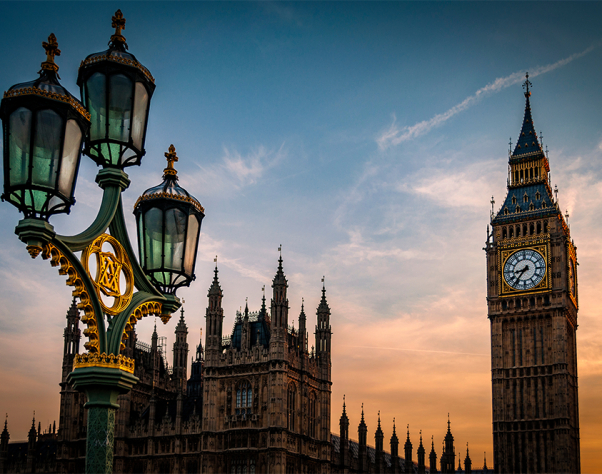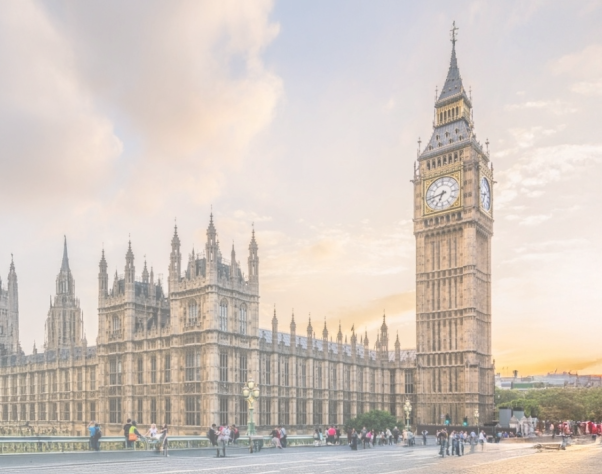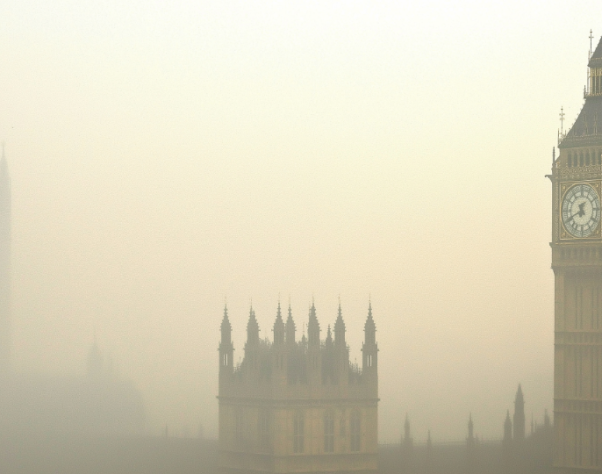Growth has a PR problem which needs fixing fast
By Damian Reece, Senior Counsel
Growth suddenly finds itself shunned in polite, and political, society.
Tell your next dinner party guests that “growth is good” and you may as well be defending the “greed is good” creed of the 1980s. In Parliament, Kwasi Kwarteng’s Cavaliers have been routed by Rishi’s Roundheads, who have set about reversing the ex-Chancellor’s Growth Plan with Puritanical zeal.
Growth has lost its reputation which took more than 40 years to build and just 25 minutes to ruin – the length of Kwarteng’s infamous Growth Plan statement on September 23.
So low has growth’s reputation slumped that Rishi Sunak mentioned it only once in his first speech as Prime Minister. He banished it to the dark, outer reaches of the policy universe by dismissing it as no more than a “noble aim” which is a worry given the “noble aim” of most politicians is to save their backsides at the next election.
But for a country yet to finish paying its bill for COVID-19, while busily adding a £30bn-plus energy subsidy to the menu, choosing now to fall out with growth is terrible timing; recession looms and the Tax Collector General stalks our winter landscape.
Growth is not greed and needs its reputation restored
Truss has now admitted, rightly, that the Growth Plan went too far too fast. But the damage is done. Growth’s reputation was finally nailed inside its coffin by bankers’ bonuses (along with a raft of banking regulations) being made an eye catching, if not central, part of Kwarteng’s growth reforms. If growth is a friend of bankers, goes the narrative, then it must be a friend of greed. In matters of reputation, you are judged by the company you keep.
Take popular culture. Just as Thatcherite “getting on” in the 1980s was pilloried by popular characters such as Harry Enfield’s Loadsamoney or demonised by the BBC’s Boys from the Blackstuff, today’s cultural backlash against the “growth is good” mantra has been underway for some time and is getting more vicious. Go see Triangle of Sadness which has opened in cinemas near you for the latest expression of anger. It really is all the rage.
But growth is not greed, and it will be the many who suffer (not the few) if growth’s reputation is not restored soon.
In his first speech as PM, Sunak placed “economic stability and confidence” at the heart of his Government’s agenda, not growth. But growth is the greatest stabiliser in society and Sunak’s fiscal rectitude is only a necessary, not sufficient, condition for confidence to improve.
He also spoke of a “profound economic crisis”. Could this be a tad over the top? Might he, as a politician, have been exaggerating just a tiny bit to ensure the slate is wiped clean of his predecessor’s smudges? I’m not denying public finances are deteriorating as the economic outlook worsens but the key message Downing Street wants the audience to hear is: “You’ve never had it so bad,” which will make any improvement between now and the next election seem all the more remarkable to grateful voters.
True, debt is high by historical standards, but as a country we borrow 1 x our annual income. If you’ve ever had a mortgage, chances are you’ve borrowed 2.5 x your annual income or possibly more at times. Go figure. Anyone who wants a job in our economy can have one. Any recession next year is most likely to be shallow and not the Armageddon that Sunak signals. One other point in his address that didn’t quite add up, in a speech heralding a “profound economic crisis” the new PM decided to ignore the real economic crisis for most voters – the cost of living crisis. He didn’t mention inflation once.
Markets and The Bank of England’s part in Kwarteng and Truss’ downfall
One intriguing sub-plot to growth’s fall from grace is the role played by international capital markets which, we are told, gave a comprehensive thumbs down to the Growth Plan and left Kwarteng and ultimately Truss no choice but to join their favourite policy in the political doghouse.
But when it comes to reflecting reality, international capital markets are probably the worst short-term barometers (which is why we are constantly told to invest for the long-term). Rarely do they value assets accurately. They are casinos, as the 2008 financial crisis revealed. Financial FOMO, otherwise known as speculation, was to blame for much of the crash in sterling and gilt prices after September 23 as traders rushed to join a one way bet when it became clear the UK was planning a fiscal stimulus ahead of much-predicted global downturn. Kwarteng should have known better. Clutching his best friend, growth, by the hand, he ran headlong into a wall of money that no reputation could survive, despite being advised beforehand how global-scale gambling would exaggerate market reaction.
And we can’t ignore the twist in the tale played by the Bank of England which I won’t dwell on here but point you instead to the remarks of Narayana Kocherlakota, the economist and former district president of the US Federal Reserve as reported in The Times Basically, the story goes, it wasn’t the markets that ousted Truss, it was the Bank of England’s incompetence.
How to rehabilitate growth as a societal – and political – good
Anyway, Sunak will have to revive the reputation of growth sooner or later. No PM can win an election with a message of “You’ve never had it so bad and here’s some more tax and spending cuts to prove it.” Growth is good because it encourages investment. Without investment innovation dies, infrastructure decays, and entrepreneurialism evaporates. Growth creates jobs and encourages higher skills and productivity in a virtuous circle of progress. Its contribution to social justice is profound by requiring improved education. It seeks to address inequality by making the poor wealthier, not the wealthy poorer.
Growth doesn’t require the sort of tax cuts Kwarteng was proposing, at least not all in one go. It’s quite happy to saunter along knowing they’re coming at some point, which is why Kwarteng should have taken a more phased approach to the fiscal stimulus and focused in the short term on supply-side policy reforms.
Sunak’s sound public finances are an important platform for growth. But just as important is a clearly articulated political will for growth, an idea which has to be urgently rehabilitated into the heart of this Government’s agenda. That will be for the good of us all, not just the PM’s electoral fortunes.
Read Damian’s analysis of how Kwasi Kwarteng’s communications went so wrong




